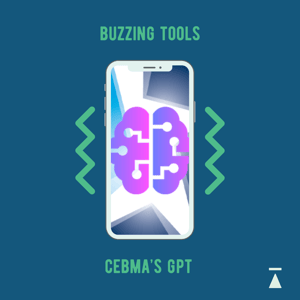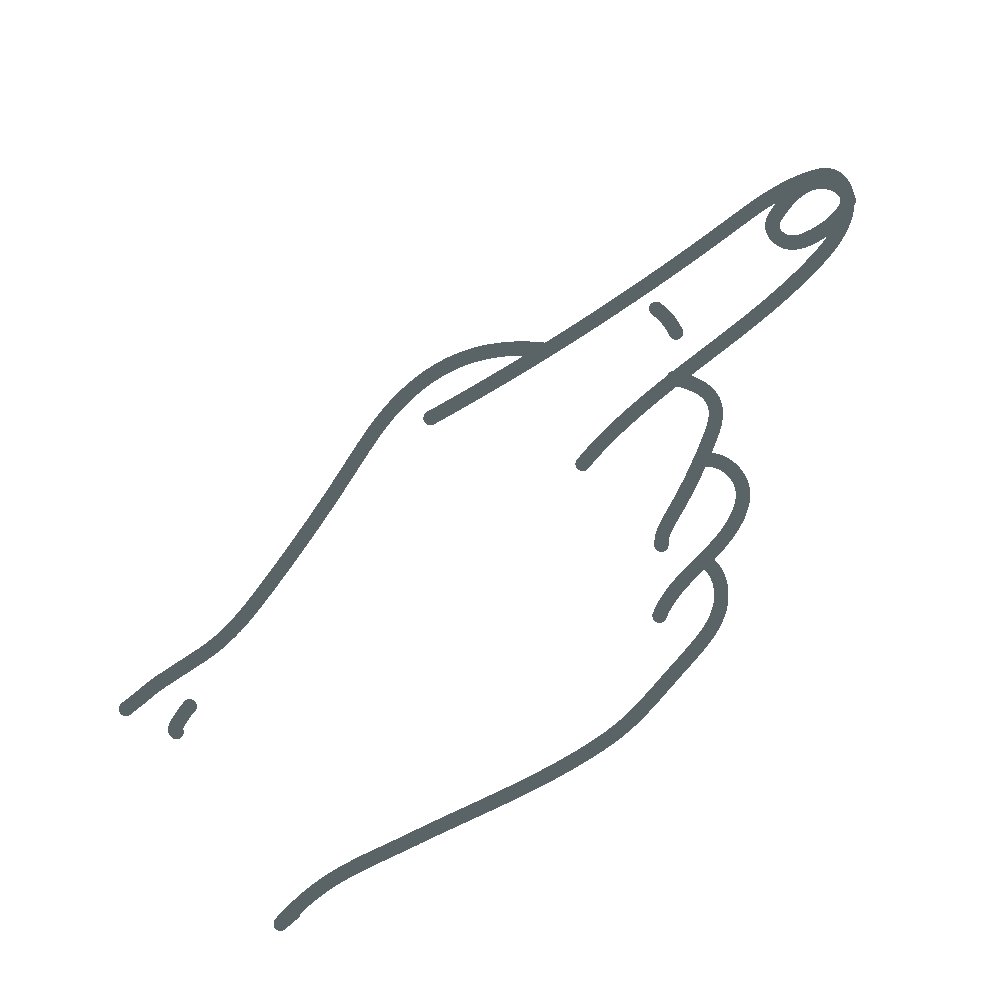#Blogpost
In HR you shouldn’t just trust your gut feeling. Discover how Evidence-based HR improves your decision-making.
.png?width=690&height=207&name=Buzzing%20tools%20-%20first%20proposal%20%20(690%20x%20207%20px).png) buzzing tools: the cognitive bias codex
buzzing tools: the cognitive bias codex
Do you know all the unconscious biases that can affect your judgment?
When making people's decisions, we usually want to be as objective and accurate as possible – in the end, there is much at stake! However, we are humans, and human judgment is affected by biases. Not because we want to have them – they’re primarily unconscious. However, they make us not see things clearly and make objective decisions.
"We can't fully eradicate bias in ourselves. It's more effective to accept that fact, and account for it by being transparent about it, and looking for ways to repair damage caused by it, to try to hide it."
Buster Benson, creator of the Bias Codex
The first step in overcoming biases in important decisions is to become aware of them. The Cognitive Bias Codex offers a compelling visual representation of most biases we know today. It also links each bias to its Wikipedia page, describing how it manifests and in which situations.
Furthermore, the tool also gives us clues as to why these biases appear. It does so by grouping biases based on the difficulty that we encounter when we try to make a decision.
For example, when we have too much information and are overwhelmed and can’t process everything to inform our decisions, our brain might cope by looking only at the details that confirm our already established beliefs. This is where confirmation bias might come into play.

The Cognitive Bias Codex is based on the work of Buster Benson. You can access the visual tool here and learn more about how it was built here.
Iulia Cioca
Iulia graduated in Work and Organisational Psychology from the University of Valencia, after an educational journey that started in Romania, and continued through Austria, Italy, and Canada. She has worked in different HR consulting and management roles. As an HR Scientist at Balance HR, Iulia is contributing to bringing Better Work for All by identifying HR practices that really work – based on evidence. In addition, she collaborates on projects in Talent Management, and she is a fellow of CEBMa and a PhD candidate.


.png?width=300&name=DEI%20Post%202%20%20-%20Final%20version%20%20(TikTok-fotomodus%20vierkant).png)
